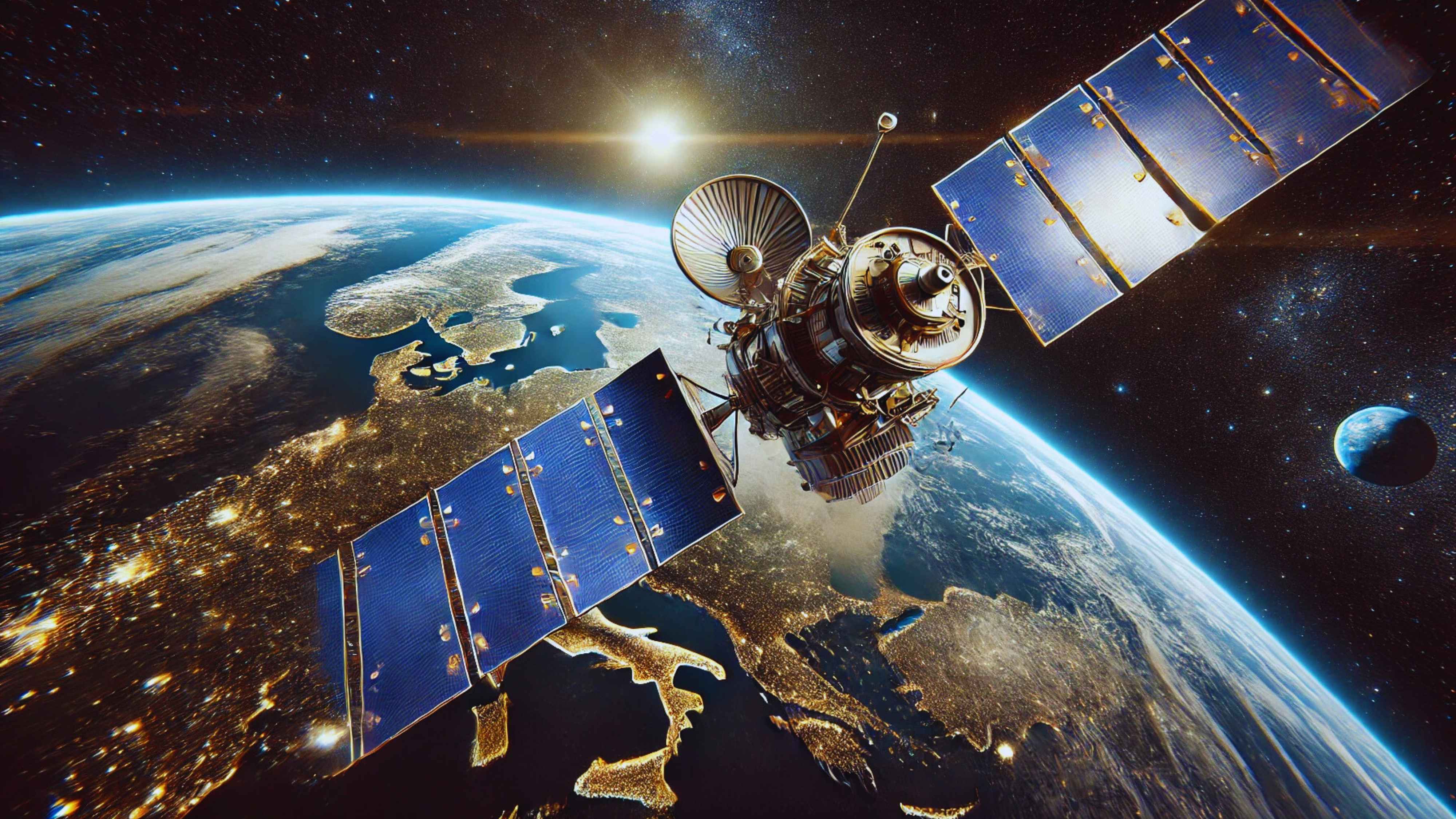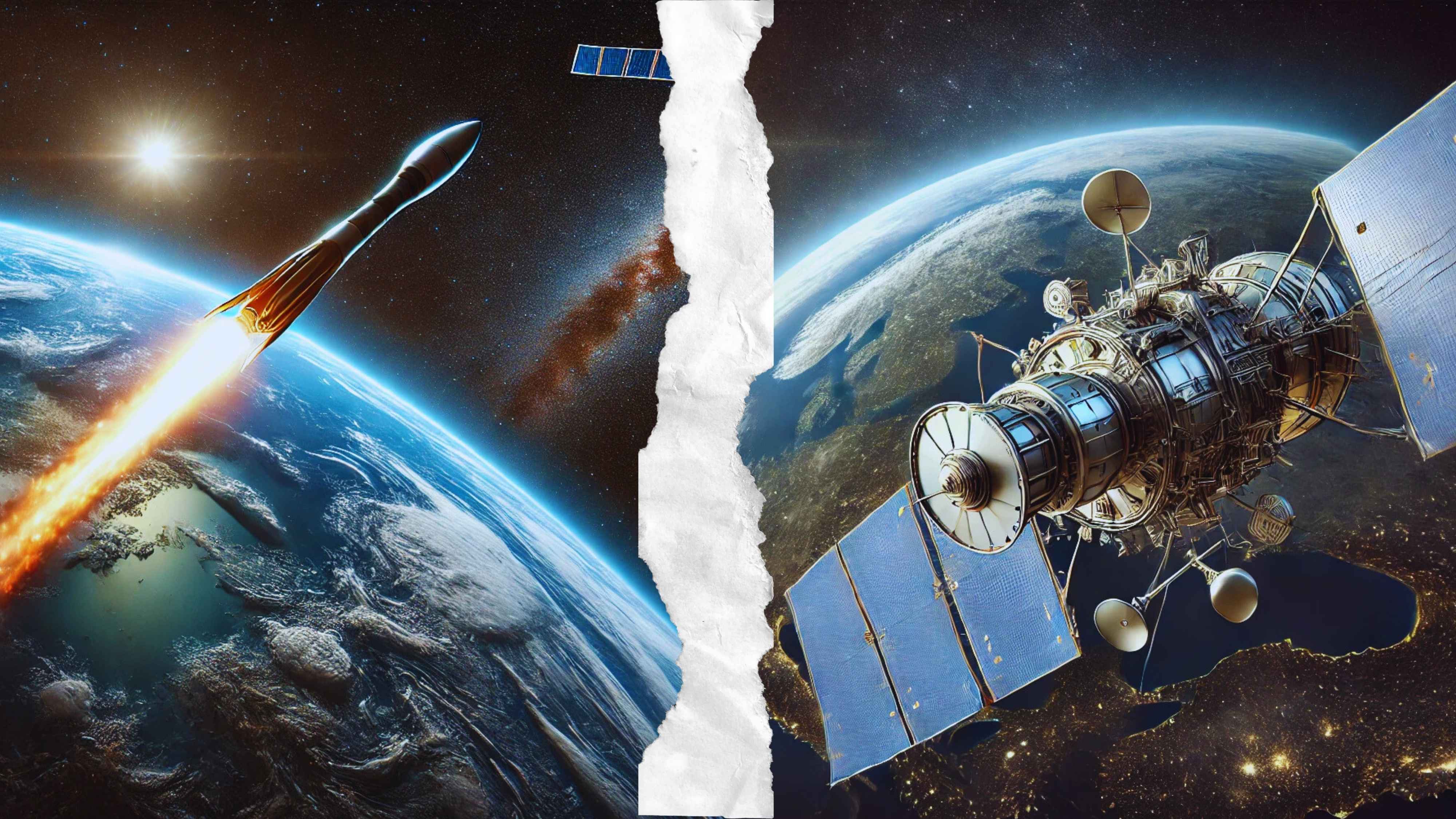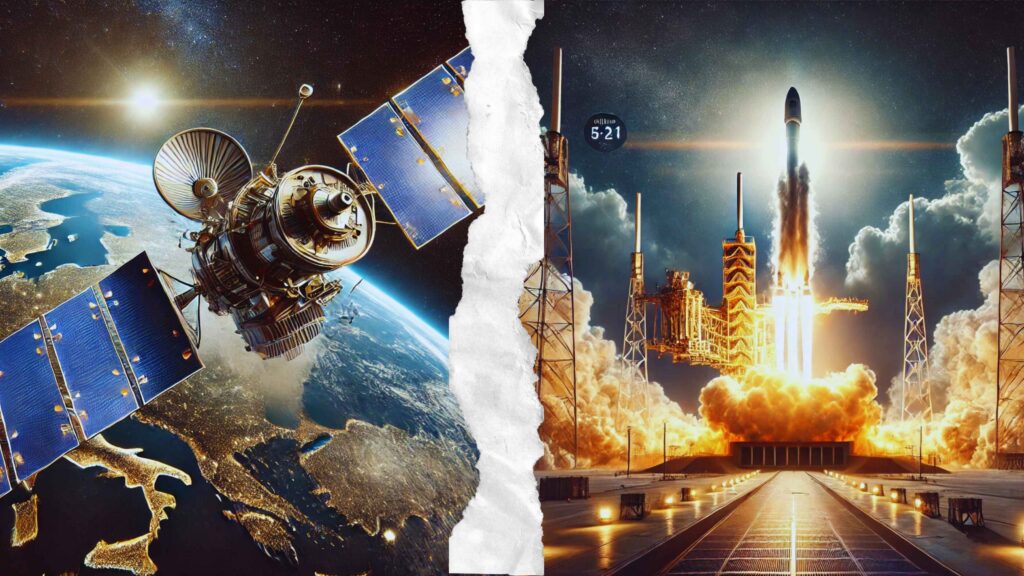How Satellites Assist Us in Our Daily Lives
Satellites are devices that move around the world. They assist us in numerous ways, although we cannot see them. From viewing the weather to assisting us with GPS, satellites make life more convenient. But what do they do, and why are they so crucial?
What Are Satellites?
![]()

Satellites are bodies that orbit around the Earth in space. A few satellites are natural, such as the Moon, but human-made satellites constitute the majority of them. Satellites are launched into space by scientists and engineers using rockets. Satellites relay information back to the Earth and benefit people in various ways.
How Satellites Help Us
Satellites have an important contribution to our daily lives. These are some ways through which satellites assist us:
Weather Forecasting
Satellites assist scientists in monitoring the weather. They photograph clouds, storms, and ocean currents. This tells us whether it rains or whether there is a storm approaching. It is used by schools in Mohali and schools in Kharar to educate children about climate and weather conditions.
GPS and Maps

Have you ever used Google Maps to locate a place? GPS satellites guide us where we are. They send signals to our cars and phones, assisting us in getting directions. This makes traveling easier for all of us.
Television and Communication
Satellites transmit TV and radio signals to our homes. This is the reason we are able to view other channels from everywhere in the world. They also assist in telephone calls and the internet, facilitating communication to be easy and quick.
Internet and Online Learning
Satellites assist in bringing people to the internet even in isolated locations. Satellite internet is used by numerous schools and educational centers for online education. This proves to be highly beneficial for learners who study at home or reside in villages.
Space Education and Research

Satellites assist scientists in gaining more information about space. Satellites capture images of planets, stars, and galaxies. Space education at schools informs students about these wonderful discoveries. Most best teaching schools incorporate space studies in their curriculum.
Disaster Management
During natural disasters such as earthquakes, floods, or storms, satellites assist rescue parties. They photograph damaged areas and assist in the identification of routes for people to evacuate. This saves countless lives.
Agriculture and Farming
Satellites assist farmers by analyzing land, soil, and weather conditions. They inform farmers when crops should be planted and when rains will come. This improves crop production and aids farmers.
The Future of Satellites

Satellites will get even smarter in the future. Scientists are developing new technology to shrink them and make them stronger. One day, satellites might assist us in exploring Mars and other planets!
Environment Protection
Satellites observe forests, oceans, and ice caps. Satellites assist researchers in monitoring pollution, deforestation, and global warming. It assists us in taking better care of our earth.
Why is Space Education Important in Schools?
Space education makes it easier for students to grasp the function of satellites and why they are significant. Space learning is a part of many schools close to me. Excellent teaching schools and excellent teaching schools provide opportunities for students to study space with projects and experiments.
Conclusion

Satellites play a vital role in our daily lives. They assist us in communication, weather forecasting, GPS, agriculture, and so on. Education about satellites in schools and schools of education can assist students in preparing for careers in space in the future.
The next time you are watching television, using Google Maps, or looking at the weather, keep in mind that a satellite is assisting you!








